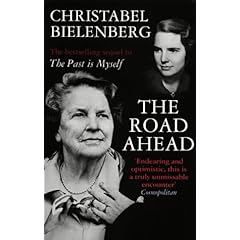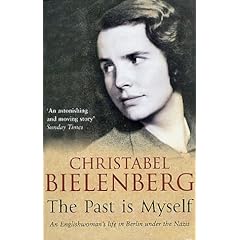# of books read in August: 5
Cumulative total: 41 (target within reach!)
1. You Are Here (Bremner, Bird and Fortune)
2. Le Dossier: How To Survive The English (Sarah Long)
3. Du phonographe au MP3 (Ludovic Tournès)
4. Where Angels Fear To Tread (E. M. Forster)
5. Born on a Blue Day (Daniel Tammet)
6. The Tale of Genji (Lady Murasaki; tr. Arthur Waley)
7. The Comedy of Errors (William Shakespeare)
8. The Golden Gate (Vikram Seth)
9. Al Capone Does My Shirts (Gennifer Choldenko)
10. A History of Modern Britain (Andrew Marr)
11. The Power and the Glory (Graham Greene)
12. Le CV de Dieu (Jean-Louis Fournier)
13. Extremely Loud and Incredibly Close (Jonathan Safran Foer)
14. The Music of Silence (Andrea Bocelli)
15. Love (Toni Morrison)
16. Class: The Secret Diary of a Teacher in Turmoil (Jane Beaton)
17. The Wives of Bath (Susan Swan)
18. The Penelopiad (Margaret Atwood)
19. The Queen and I (Sue Townsend)
20. Molly Fox's Birthday (Deirdre Madden)
21. Daisy Miller (Henry James)
22. The Rules of Attraction (Bret Easton Ellis)
23. Gods Behaving Badly (Marie Phillips)
24. Cold Comfort Farm (Stella Gibbons)
25. The Crucible (Arthur Miller)
26. The British Museum is Falling Down (David Lodge)
27. them (Joyce Carol Oates)
28. Flaubert's Parrot (Julian Barnes)
29. Adrian Mole: The Cappuccino Years (Sue Townsend)
30. Fahrenheit 451 (Ray Bradbury)
31. Tears of Darkness: The Story of the Bataan Death March and its Aftermath (Michael and Elizabeth Norman)
32. Cat on a Hot Tin Roof (Tennessee Williams)
33. Oryx and Crake (Margaret Atwood)
34. Of Mice and Men (John Steinbeck)
35. The Bell Jar (Sylvia Plath)
36. The Nigger of the Narcissus (Joseph Conrad)
37. The Past is Myself (Christabel Bielenberg)
38. The Road Ahead (Christabel Bielenberg)
39. The Other Hand (Chris Cleave)
40. Conference at Cold Comfort Farm (Stella Gibbons)
41. The Rules of Engagement (Anita Brookner)
Average number of books per month: 5.1
% by male authors: 54%
% by female authors: 46%
First three Chapters....
15 years ago










